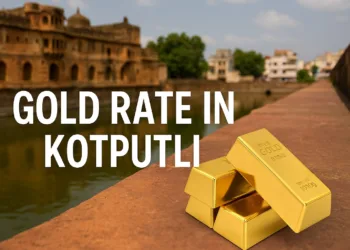‘I Love You’- Different Languages
Love knows no boundaries, and what better way to prove it than by learning how to say “I love you” in languages from around the world? Whether you’re a hopeless romantic, a language enthusiast, or just looking to impress your special someone, this ultimate guide is your passport to global expressions of love!
Table of Contents
The Universal Language of Love
Imagine this: You’re standing under the Eiffel Tower, gazing into your beloved’s eyes, ready to drop the three most powerful words in any language. But wait – which language should you choose? Don’t worry, we’ve got you covered!

Love Around the World: 25 Heartfelt Expressions
Get ready for a linguistic love journey that’ll make your heart skip a beat:
- Mandarin Chinese: Wǒ ài nǐ
- Pronunciation tip: Sounds like “wo eye knee”
- Perfect for impressing your Chinese-speaking sweetheart!
- Spanish: Te quiero
- A passionate declaration that’s less intense than “te amo”
- Great for new relationships or deep friendships
- French: Je t’aime
- The language of love itself!
- Whisper this, and you’ll instantly sound romantic
- Arabic: ‘Ahbak
- A melodious way to express deep affection
- Bonus points for the exotic sound!
- Russian: YA lyublyu tebya
- Sounds intense and passionate
- Perfect for those dramatic movie-style declarations

Cultural Nuances of Love Expressions
Not all “I love you” statements are created equal! Different cultures have unique ways of expressing affection:
- Japanese: Watashi wa, anata o aishiteimasu
- More formal and serious
- Reserved for deep, committed relationships
- Korean: Salanghae
- Casual and sweet
- Often used among younger couples
- Turkish: Seni seviyorum
- Carries a sense of deep emotional connection
- More than just a casual phrase
Pro Tips for Saying “I Love You” Globally
- Learn the Context: Some languages have multiple ways to say “I love you”
- Practice Pronunciation: Nothing says romance like a genuine attempt
- Understand Cultural Nuances: What works in one language might not work in another

The Science of Love Languages
Did you know that saying “I love you” can actually trigger chemical reactions in your brain? It’s true! Expressing love activates areas associated with pleasure and bonding.
A Love Letter to Language Learners
Whether you’re a polyglot or just starting your language journey, remember: Love is the most universal language of all. These 25 phrases are more than just words – they’re bridges connecting hearts across cultures.
Your Global Love Challenge
Challenge yourself! Learn to say “I love you” in a new language this month. Who knows? It might just lead to an incredible story of love and connection.
Bonus: Corporate Language of Love
For all you language learners and business professionals, companies like FluencyCorp offer corporate language classes. Turn your linguistic love into a professional advantage!
Pro Tip: The most important language of love? The one spoken from your heart. ❤️
Tamannaah Bhatia and Rasha Thadani Night Out: A Masterclass in Effortless Chic!








